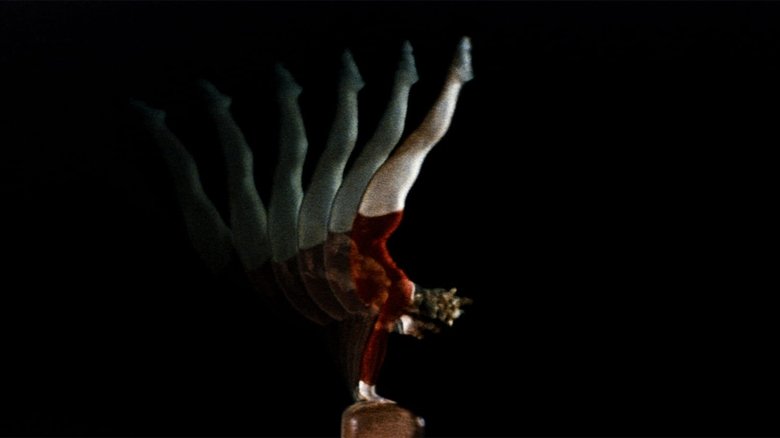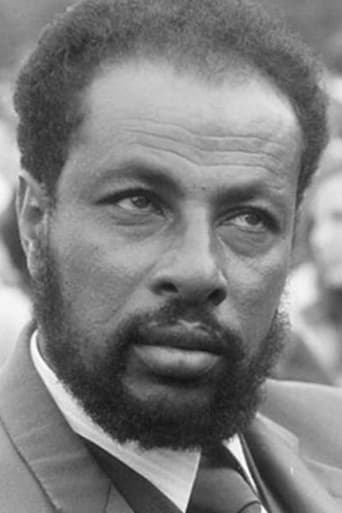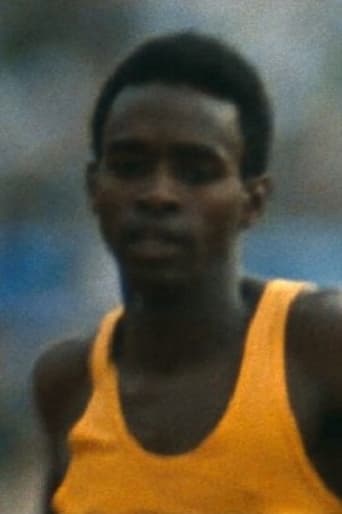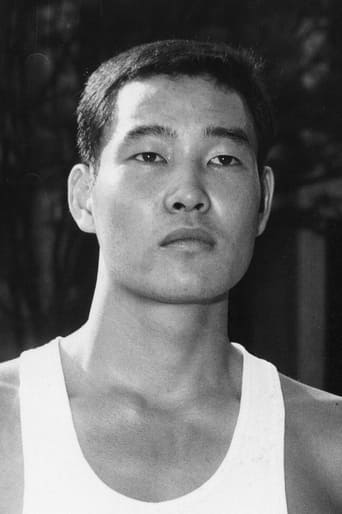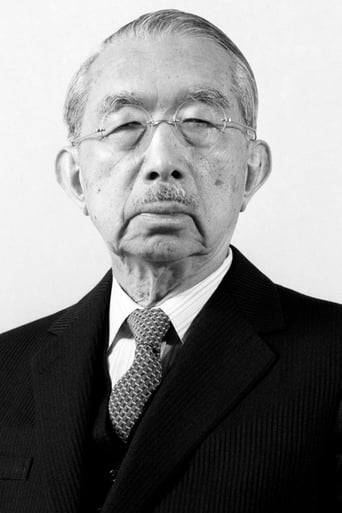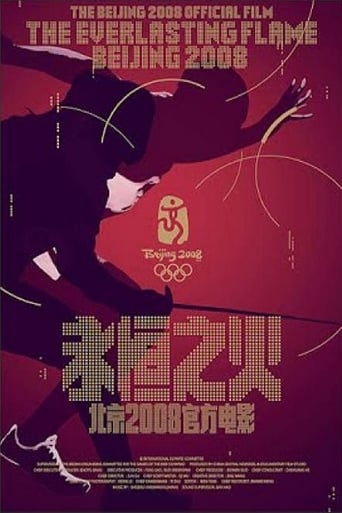
Tokyo Olympiad
March. 20,1965This impressionistic portrait of the 1964 Tokyo Summer Olympics pays as much attention to the crowds and workers as it does to the actual competitive events. Highlights include an epic pole-vaulting match between West Germany and America, and the final marathon race through Tokyo's streets. Two athletes are highlighted: Ethiopian marathon runner Abebe Bikila, who receives his second gold medal, and runner Ahamed Isa from Chad, representing a country younger than he is.
Similar titles
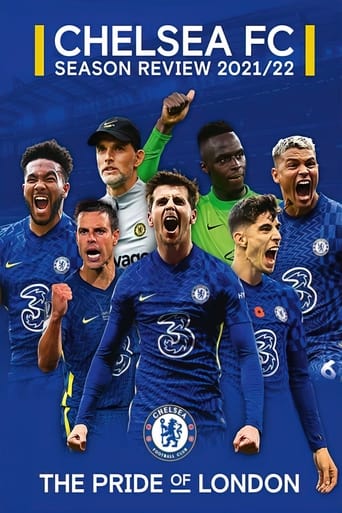
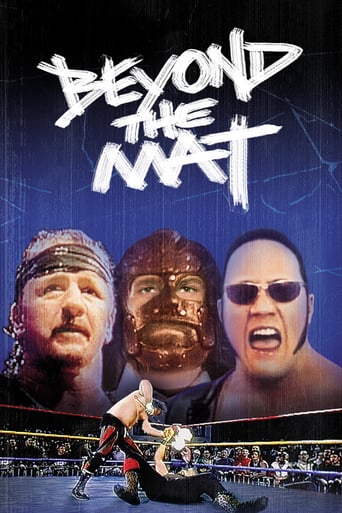
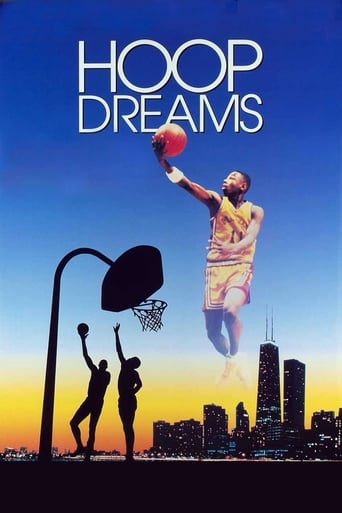
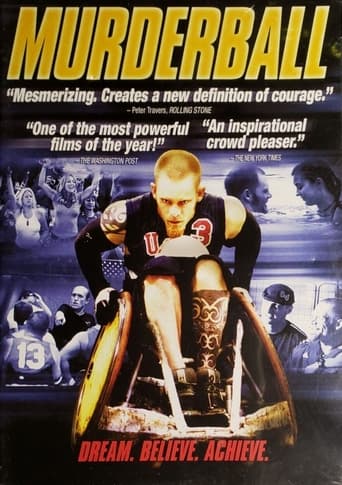
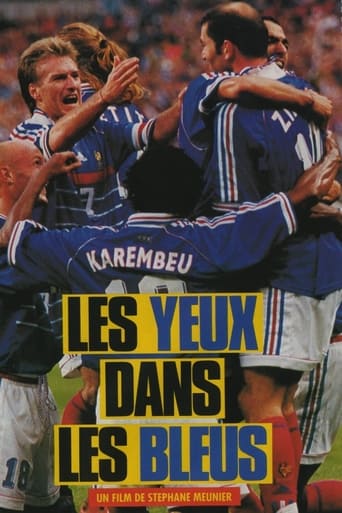
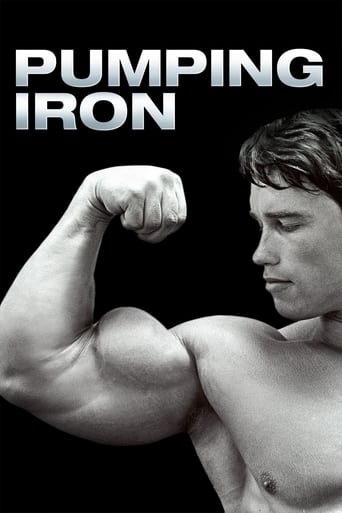
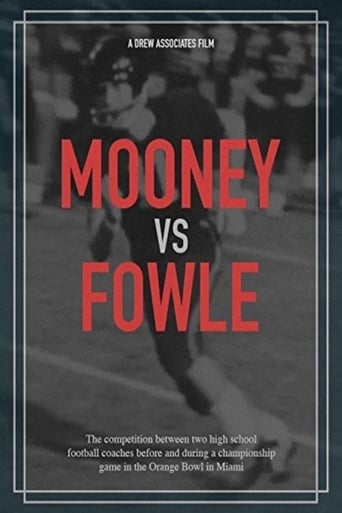
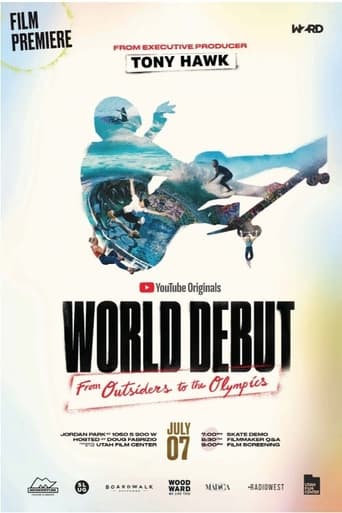
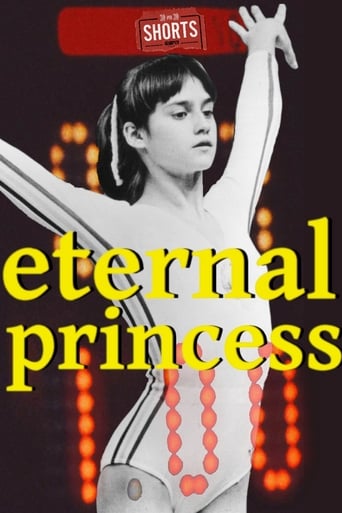
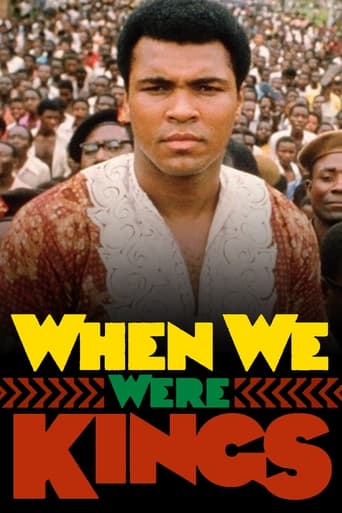
You May Also Like
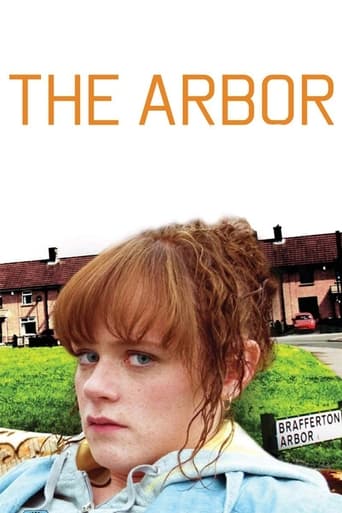
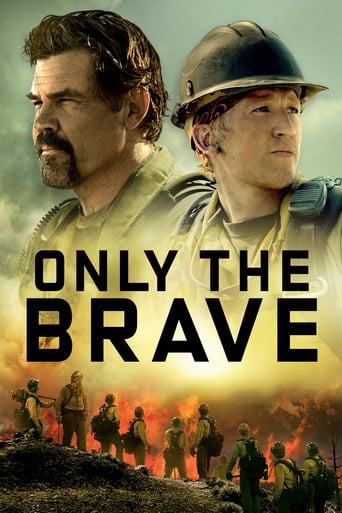
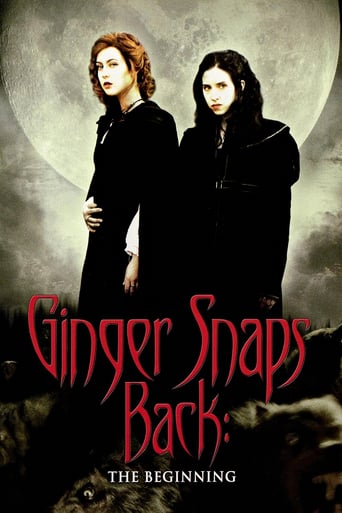
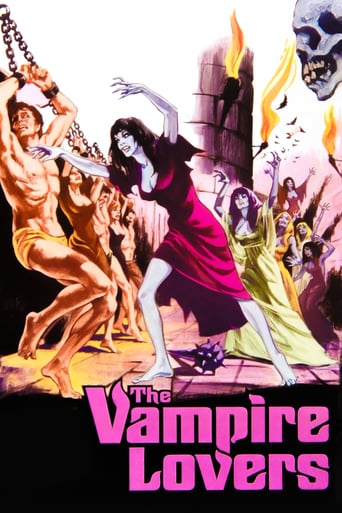
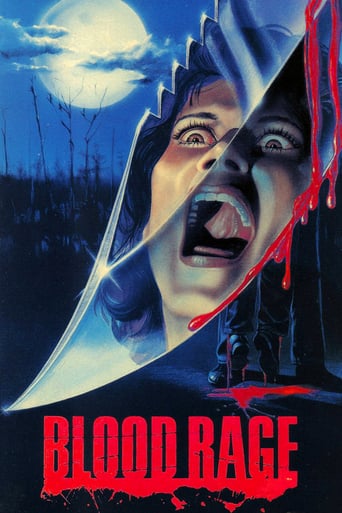
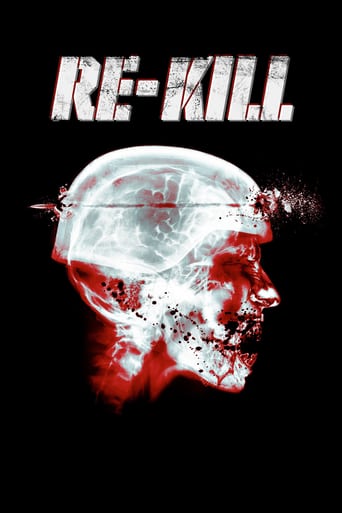
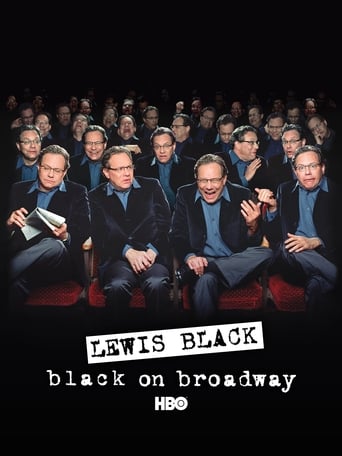
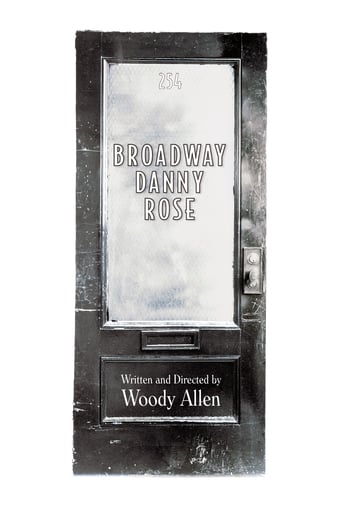
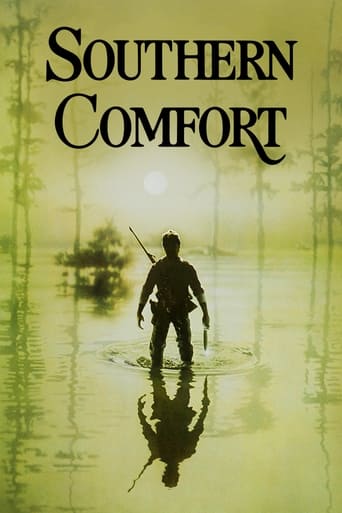
Reviews
the audience applauded
It is a performances centric movie
Good start, but then it gets ruined
It is neither dumb nor smart enough to be fun, and spends way too much time with its boring human characters.
This Japanese documentary was only the second feature film to cover the Summer Olympics, the first being the 1936 Berlin Olympics in the two-part film Olympia by Leni Riefenstahl, it is also featured in the book 1001 Movies You Must See Before You Die, directed by Kon Ichikawa (The Burmese Harp, An Actor's Revenge). This film covers the 1964 Summer Olympic Games in Tokyo, Japan. Using 164 cameras, including with slow-motion and night-vision, it covers the opening and closing ceremonies, the lighting of the Olympic torch, and the highlights of the athletes competing. The sports seen, with many close-ups, blurring, ocassional black-and-white colour, and other clever filming techniques, include sprinting and marathons, track and field athletics, long jump, pole vaulting, shotput, hammer throw, weightlifting, hurdles, gymnastics, swimming, fencing, wrestling, shooting, cycling, football, hockey, basketball, sailing and many more. There are also the little sections that see the competitors training, resting with food and drink. With English commentary by Jack Douglas. It does not focus on the specific results in each event, it is much more about the performance, the techniques, the stamina and the reactions of the winners and losers. It may not have the statistics, but it is an inspirational tribute to human athleticism and endurance, a worthwhile documentary. Very good!
Of course it's easy to compare this movie to Leni Riefenstahl's Olympiad movies, about the Olympic summer games in Berlin, of 1936 but there is also a very good reason to compare both ambitious projects, besides the fact that they share the same subject. Both are also being shot and told in a very similar way, with as of course big difference that this documentary is in color and filmed with more modern technologies.The documentary shows everything involving the Olympic games. From athletes preparing, to the crowds cheering for their favorites. Winners and losers, the ignition of the Olympic flame and the closing ceremony. But foremost it still focuses on the sports, for obvious reasons. It shows beautifully how it's being experienced and executed by the athletes. This is more than just a camera registration of the Olympics. It takes us to places no other camera's are ever allowed and shows us shots from multiple different angles and of things that are never shown on TV.It extensively shows a lot of the sports, some featured still more prominently than others. It's of course impossible to give all 163 events and 5,151 athletes from 93 different countries an equal amount of attention. But the movie manages to find a nice balance between the most important and popular sports and the more surprising and shocking moments of the 1964 Olympics. Basically each sport gets filmed and edited in a different stylish way but at all times the movie feels like one whole, that just flies by, even though it's quite a long one.And stylish is certainly a good word to describe this documentary as. Some of the sports are filmed simply beautifully and are absolutely captivating to watch. They even manage to at times build up a good tension, even though the outcomes of it are already known for almost 50 years by now. There are too many moments that stand out to name but I would nevertheless still like to mention the registration of the marathon, which got featured at the end of the documentary. It's also the sport that gets featured the longest and it's absolutely beautiful and special to watch. It also really makes you respect the athletes all the more.Like basically every Olympics some memorable and legendary events occurred during the games. Don Schollander winning 4 golden medals, Joe Frazier becoming the heavyweight boxing winner, Abebe Bikila winning the Olympic marathon for the second time, Anton Geesink become the very first Olympic open category judo champion, which was entire an Asian dominated sport at the time and many more memorable moments, which are all shown in an unique and beautiful way within this documentary.It's also fun to see how non of the sports have really changed over the years and how all of the athletes in this documentary show all of the same emotions and passion for their sport. Thing that changed the most are some of the country's flags, it seems.The entire documentary still feels pretty dark but as it turns out, the 1964 were also considered to be dark and cold at the time. In other words, the documentary simply does a great job at capturing the mood and atmosphere of its time and place.If I have to say still one real negative thing about this documentary it would be the fact that basically all of the sounds were obviously later added to the documentary. Athletes breathing, athletes running, athletes hitting a ball. All of the sounds come straight out of a studio, which just doesn't always sound natural enough. It's even somewhat comical and annoying at times, especially when the images and sounds don't really go together. It's weird hearing a crowed go ballistic while in the background the mostly Japanese spectators are all calmly sitting and watching.A real more than great and uniquely beautiful registration of the 1964 Tokyo Olympic summer games. A must-see for the lovers of sport and documentary film-making.8/10http://bobafett1138.blogspot.com/
While I've yet to see all of what many consider to be THE document of 20th century Olympics in Riefensthal's Olympia (it is, of course, a very long movie, and we only saw bits in a class), this document of the 1964 Tokyo Olympics by Kon Ichikawa is quite the spectacle on its own. Ichikawa understands something that five years later Michael Wadleigh, director of Woodstock, would understand about filming an event (though Woodstock will always be the better, more incredibly watchable film for me). And it is, simply put, to make it an EVENT- in bold letters- for people who may not even really usually watch the Olympics. The way he uses his many, many, many cameras an exhaustively large crew is staggering, and just in the first half hour or so, when the countries all line up and the audience fills in as the games kick off, it's done in a very dynamic style. He alternates interestingly between big wide shots of the crowds (like Woodstock, seeming larger than it really is with everyone packed in thousands of masses), the stadium itself, and then to close-ups of individuals and bodies moving. It's this side of the film, the technical one, that is most worthwhile to see in the film.If it's less than perfect, it's because, frankly, it almost does become 'too much' to see so many games that go on in the near three-hour running time. And the narration voice that pops up now and again sounds way too much like a narrator from old newsreels, trying to add emphasis where it's not really needed. It's too immense an event with too many goals vied for victory to add on extra words. But there are highlights though, such as the 100 meter dash, done in a slow-motion that might echo some of Ichikawa's other narrative films. And the Joe Frazier boxing match, while brief, is memorable. Sometimes Tokyo Olympiad comes off almost like an avant-garde film as much as it does just straight-on documentary, and it's here that I got drawn in. Of all major events involving sports and other games and activities and trials and such, the Olympics brings together all cultures for the sake of competing for a country's honor and respect, and Ichikawa has a very good balance between showing that and adding a distinct style to the numerous events. In fact, Ichikawa has what might be the best avant-garde sports documentary ever made, at least in the past forty or so years.
It pales in comparison to Olympia, that gorgeous Olympic documentary made during the 1936 Olympics by the Nazis' head filmmaker, Leni Riefenstahl, but Kon Ichiwa's Tokyo Olympiad is quite a good film itself. It documents the 1964 Olympics, the first ever to be held in Asia. Like Riefenstahl, Kon Ichiwa attempts to construct a document of abstract beauty out of these amazing athletes, a testament to the human form. He succeeds at times, but it's too much just a document of the events at times and too little abstraction. And I can only watch so much running before I get bored! The film has its high points and low points. The best moments are during the opening and closing ceremonies, the bicycle race, volleyball, race walking, the marathon finale, and especially the gymnastics, which end the first half of the film. The gymnastics competition is the only sequence in the film that hits the same level as Olympia. It's also nice to see the events in color (there are a couple, notably the amazing hammer throw, in b&w). The black and white cinematography is beautiful in Olympia, but its even more wonderous to see the oranges of the sun and the Olympic flame and the colors of the flags and the athletes' multi-hued uniforms. And the widescreen cinematography is often gorgeous, although I don't necessarily think that a wider screen, just because it shows more action, is better than the old Academy ratio of 1.33:1. Riefenstahl used that aspect ratio masterfully, as Ichiwa does here. Perhaps the most disappointing part of the film is that we only get to see about thirty seconds of a boxing match with Joe Frazier, the only athlete whom I (and probably everyone else as well) recognized in the film (and then Ichiwa follows him most of the way to the locker room, until Frazier turns around and waves goodbye). There is, however, a high jumper from the U.S. near the beginning of the film named John Rambo. I don't think there's any relation between him and the psycho Vietnam soldier. Much of the second half is dull, and there are several events almost cruelly ignored. Well, maybe not ignored, but, for instance, there is perhaps half a minute of basketball. Perhaps it was an unpopular sport in Japan.
Top Streaming Movies











